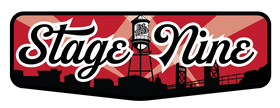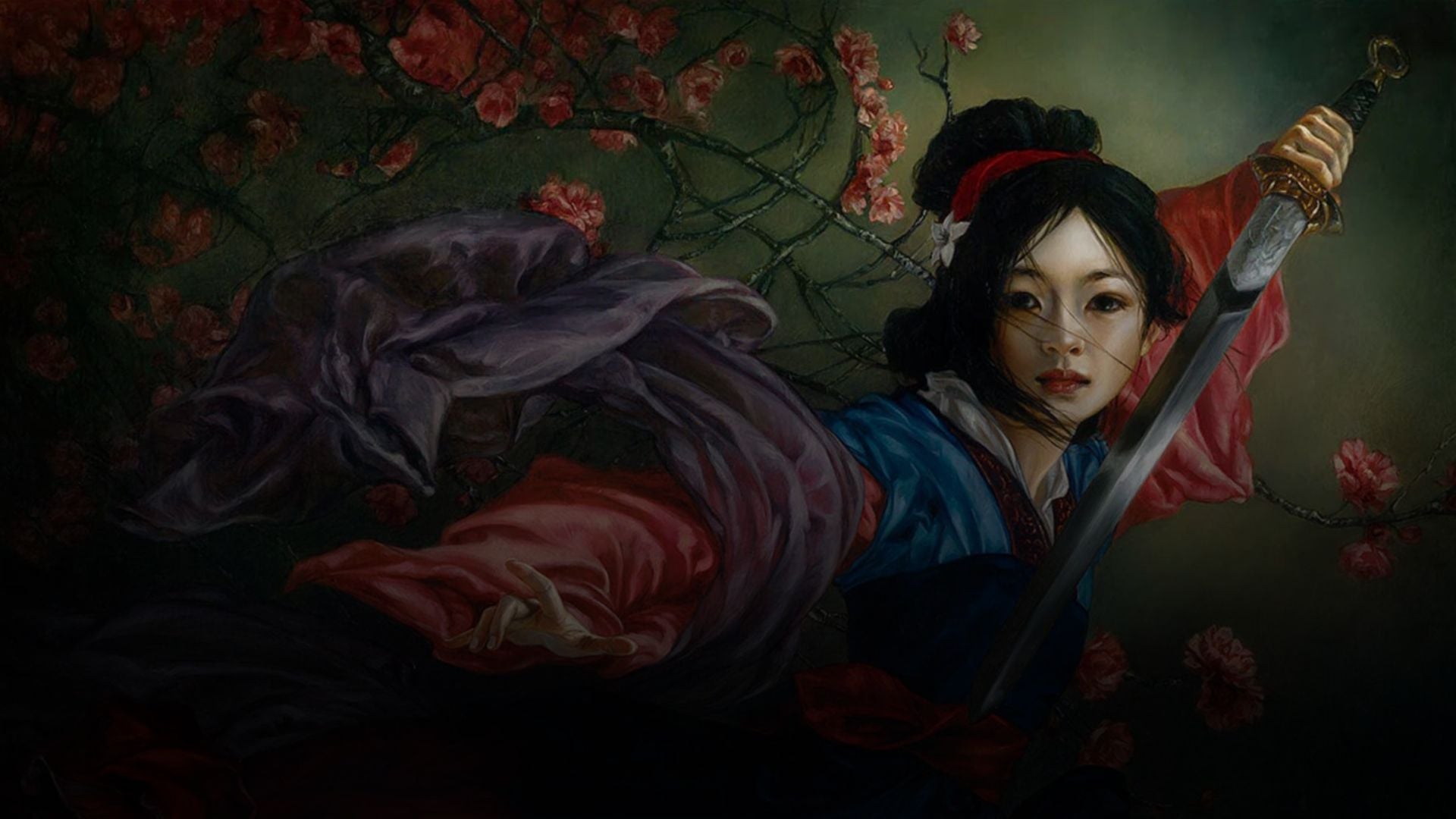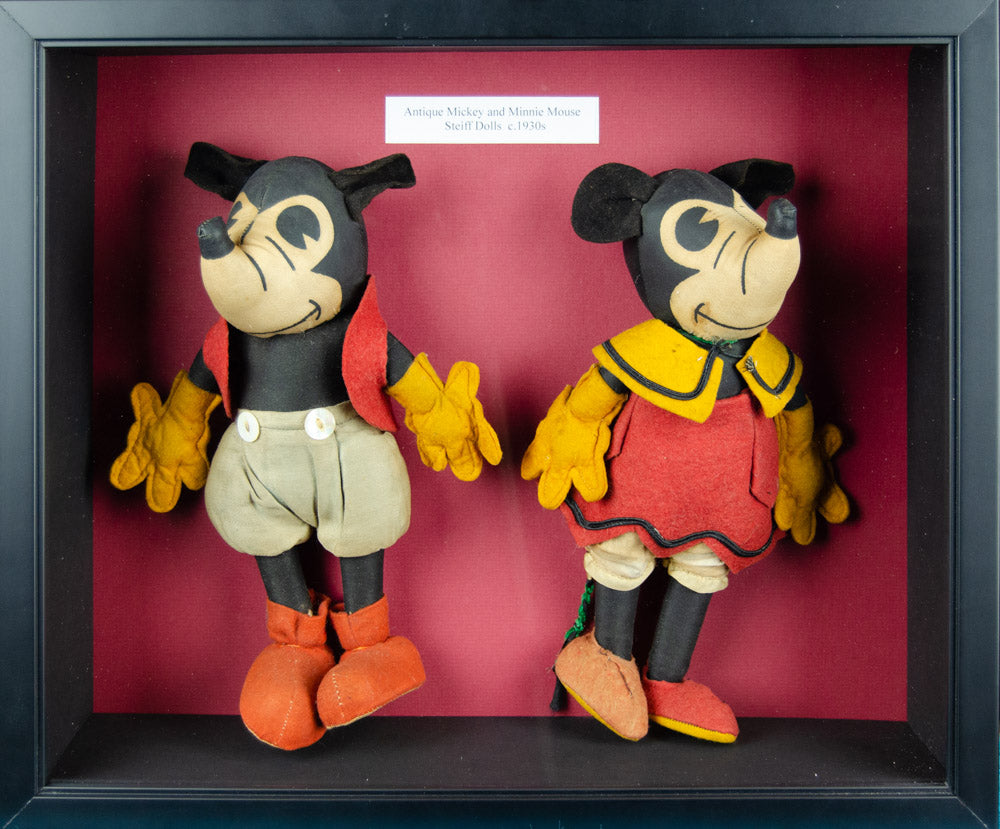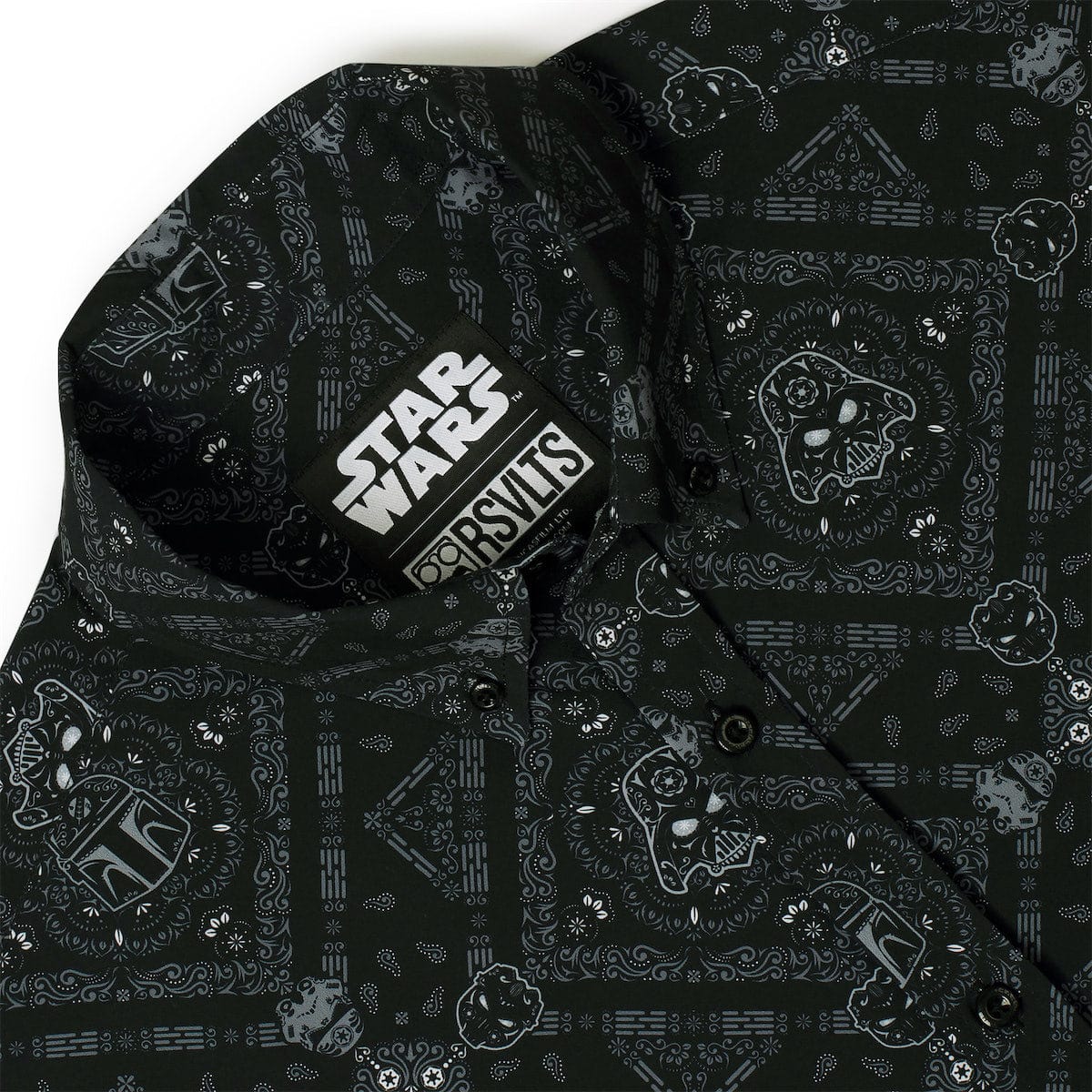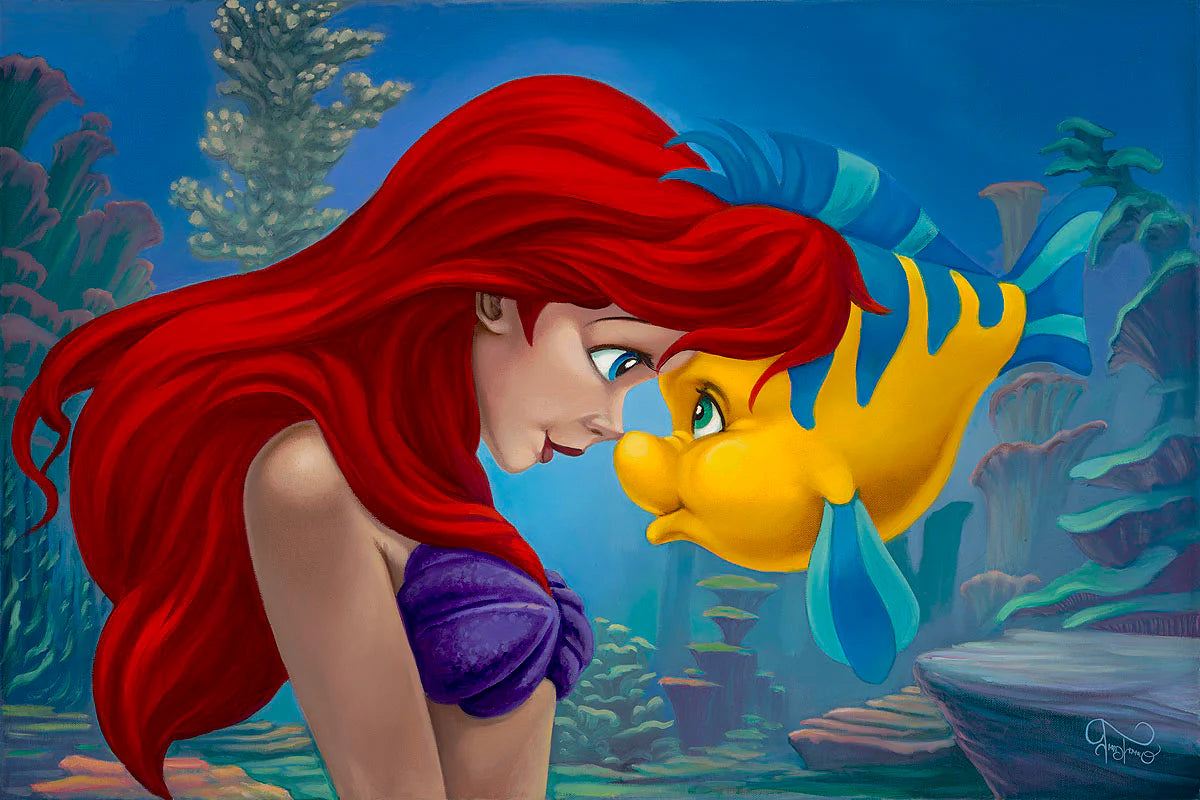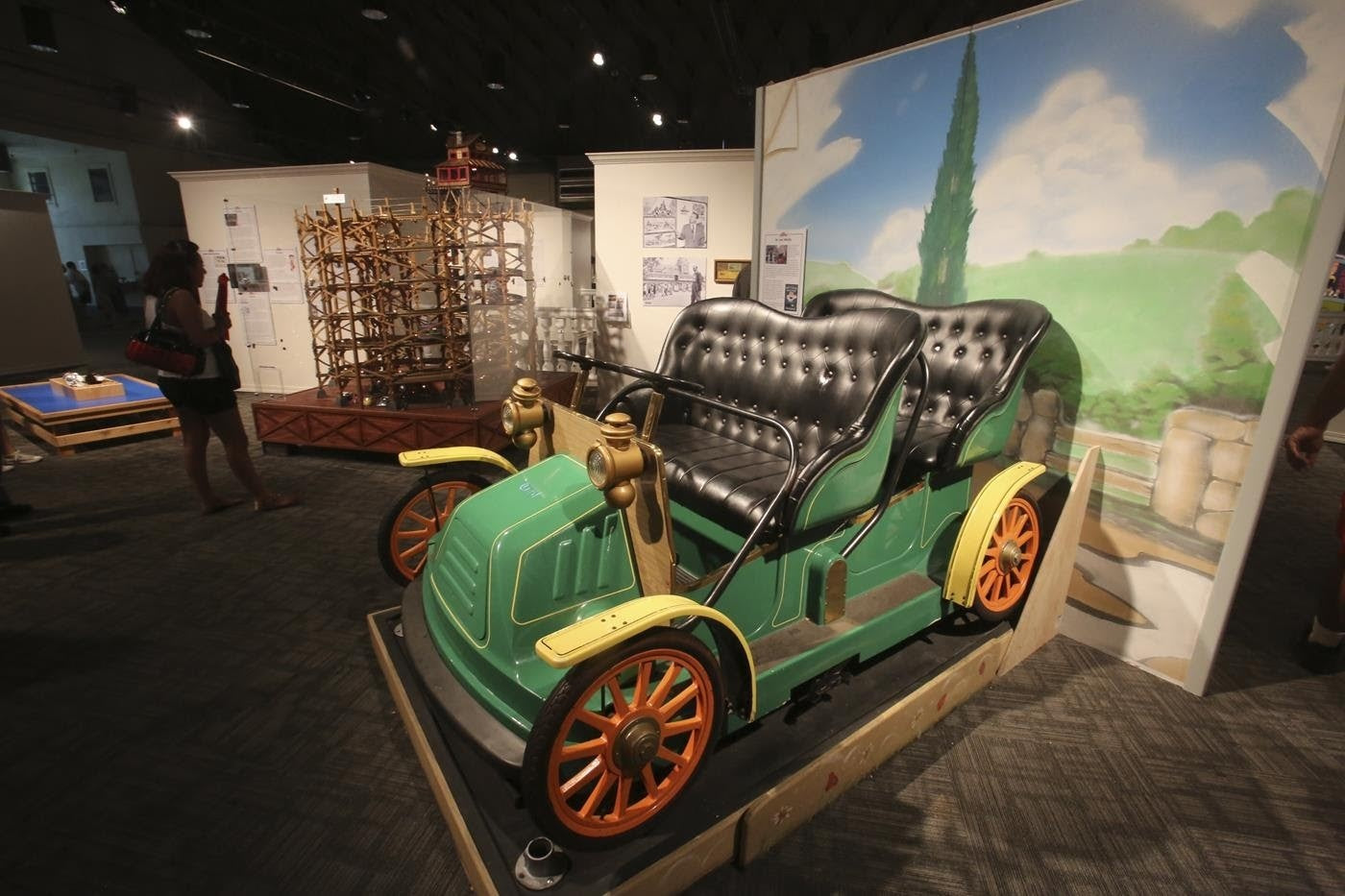ABOUT THIS PRODUCT
Daffy Duck Production DrawingSigned by Virgil RossSize: 17 x 20Gold Warner Brothers Authenticity StampCertificate of Authenticity Included About The ArtistVirgil Ross was a legendary animator who worked chiefly at Warner Brothers during the 'Golden Years of Animation'. Having moved through the ranks of the pioneering studios (as a trainee for Charles Mintz, in 1930, for $6 a week salary, and for Walter Lantz -- briefly -- in 1935), Ross joined Tex Avery at Leon Schlesinger€™s 'Termite Terrace'. He remained there until Warner Brothers dissolved their cartoon department in 1964. Thereafter, he delved into the world of low-budget animation, ending up at Filmation in the 60's and 70's, turning out 'Batman', 'Superman' and 'Star Trek' cartoons. Ross excelled at facial expression and had a keen eye for gesture and movement in his drawings. He was at his best designing action and dance sequences, ideally showcased in episodes like Rhapsody Rabbit (1946) (he was reputedly quite nimble on the dance floor himself). Moreover, he was instrumental in the development and maturation of the character who captained the Looney Tunes ship: Bugs Bunny (his creations included the rabbit's first Oscar-nominated short, A Wild Hare (1940)). During his lengthy tenure as a key member of Friz Freleng's unit, he also perfected perennial favorites Yosemite Sam (Knighty Knight Bugs (1958)) and Sylvester (Bad Ol' Putty Tat (1949), A Mouse Divided (1953), A Streetcar Named Sylvestor (1953). etc). In 1988, Ross was honored with the highest accolade in animation, the Winsor McKay Achievement Award in animation.AboutOriginal production drawings are one-of-a-kind pieces of animation art. Prior to the creation of cels, each character pose and action must be drawn in pencil. These drawings are the artistic backbone of the film or television show, and are much in demand by collectors.Original production drawings are one-of-a-kind pieces of art that were used in the creation of an animated film or television show. Prior to the creation of production cels, each character pose and action must be drawn in pencil. These drawings are the artistic backbone of the film or television show, and are much in demand by collectors.There are two main types of original production drawings: rough drawings and clean-up drawings.As the name suggests, rough drawings are imperfect in their lines, often featuring multiple pencil strokes, erased elements, and sometimes scale measurements (for instance indicating the size of the body in relation to the size of the head). Some animation art lovers prefer rough drawings for their raw artistry and out of appreciation for the fact that this is where the animators put pencil to blank paper and began the creative journey.Clean-up drawings are recognizable by their smooth, singular lines and the absence of the trial and error strokes seen in roughs. A clean-up drawing is made from each rough by the animator placing a fresh sheet of paper over a rough drawing, illuminated from below with a lightbox, and tracing the best lines to create the ideal image for that moment in the film. Some fans and collectors prefer clean-up drawings for their beauty, simplicity, and because this is the actual drawing that led to the next step in the process, the creation of the production cels.While original production drawings lack the vivid color of cels, they are very desirable for two main reasons. Many collectors prefer drawings because it is at this stage that the animators really exercised their talents and brought the characters to life. Another appealing aspect of drawings is that they almost always cost significantly less than a comparable production cel.
